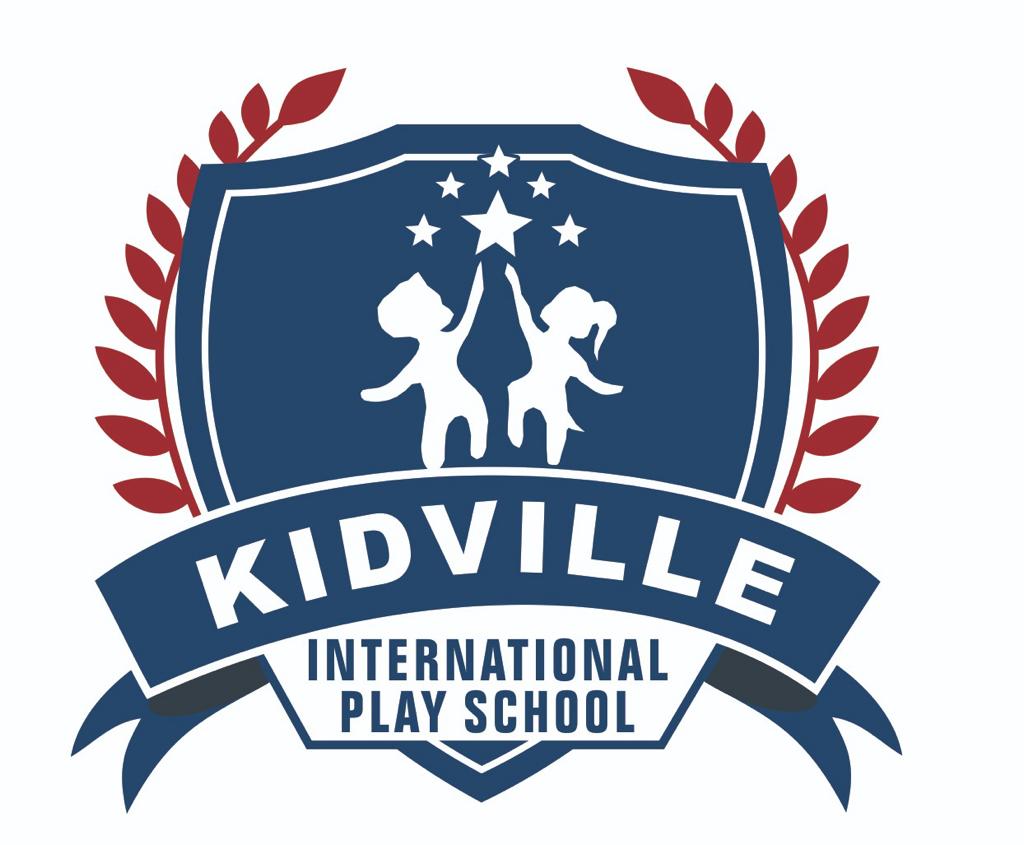Preschool education serves as the foundational cornerstone in a child’s academic journey, shaping their cognitive, emotional, and social development during these formative years. While the curriculum, teaching methodologies, and school environment play crucial roles, the relationship between parents and teachers emerges as a pivotal factor in maximizing a child’s potential. In this blog, we delve into the significance of strong parent-teacher relationships in preschool education and how they contribute to a child’s holistic growth.
Building Trust and Communication
Effective parent-teacher relationships are built upon a foundation of trust and open communication. When parents and teachers establish a trusting bond, they create a collaborative environment focused on the child’s well-being and progress. Regular communication channels, such as parent-teacher meetings, newsletters, and digital platforms, facilitate ongoing dialogue about the child’s strengths, areas for improvement, and overall development. This transparency fosters a shared understanding of the child’s needs and enables collaborative problem-solving strategies.
Supporting Consistency and Continuity
Consistency is key in a child’s learning journey, and harmonious parent-teacher relationships contribute significantly to maintaining consistency both at home and in the preschool environment. When parents and teachers are aligned in their approach to discipline, routines, and learning objectives, children experience a seamless transition between home and school. This continuity creates a sense of stability and security for young learners, enhancing their ability to engage actively in learning experiences.
Fostering a Positive Learning Environment
A positive learning environment is essential for nurturing a child’s curiosity, creativity, and enthusiasm for learning. Parent-teacher relationships play a crucial role in shaping this environment by fostering a sense of belonging and inclusivity. When parents are actively involved in their child’s preschool experience, they contribute to creating a supportive community where every child feels valued and empowered. Positive reinforcement from both parents and teachers reinforces a child’s self-esteem and motivation to explore new concepts and skills.
Enhancing Parental Involvement and Support
Parental involvement is a cornerstone of effective early childhood education, and strong parent-teacher relationships serve as catalysts for increased parental engagement. When parents feel valued, respected, and informed about their child’s progress, they are more likely to actively participate in school activities, volunteer opportunities, and educational initiatives. This heightened involvement not only enriches the preschool experience for the child but also strengthens the school-home partnership, paving the way for long-term academic success.
Facilitating Individualized Learning Plans
Every child is unique, with distinct strengths, interests, and learning styles. Collaborative parent-teacher relationships empower educators to develop individualized learning plans that cater to each child’s specific needs and abilities. By sharing insights, observations, and feedback, parents and teachers can co-create personalized learning experiences that optimize the child’s learning potential. This tailored approach ensures that every child receives the support and resources necessary to thrive academically and emotionally.
Promoting a Culture of Lifelong Learning
Lastly, strong parent-teacher relationships instill a culture of lifelong learning and growth. When parents and teachers model curiosity, resilience, and a passion for knowledge, children absorb these values and embrace a positive attitude towards learning. By working together as partners in education, parents and teachers demonstrate the importance of collaboration, empathy, and continuous improvement—values that extend far beyond the preschool years and lay the foundation for lifelong success.
In conclusion, the role of parent-teacher relationships in preschool education cannot be overstated. By fostering trust, communication, consistency, and collaboration, these relationships create a nurturing environment where children can thrive academically, socially, and emotionally. As we recognize the immense impact of these partnerships, let us continue to prioritize and strengthen the bond between parents and teachers, for it is through this unity that we unlock the full potential of every young learner.


